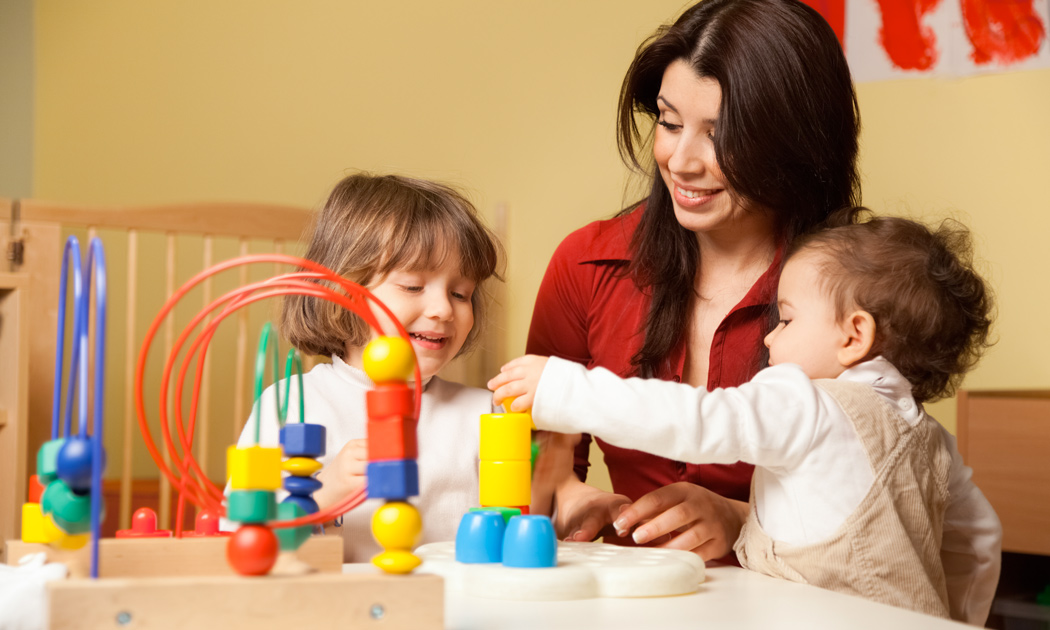In the early years of a child’s life, a world of imagination and creativity unfolds before their very eyes. Art becomes a powerful tool for self-expression, cognitive development, and emotional growth. From scribbles on paper to vibrant masterpieces, art plays a pivotal role in shaping a child’s early development. In this blog post, we delve into the captivating world of art and explore its profound impact on early childhood development.
Unleashing Self-Expression: Art provides a unique avenue for children to express themselves freely, without limitations or boundaries. Through drawing, painting, and sculpting, young minds can communicate their thoughts, feelings, and experiences. This form of self-expression allows children to develop a sense of identity and gain confidence in sharing their perspectives with the world. Whether it’s a vivid masterpiece or an abstract creation, each stroke of the brush or movement of the hand becomes a window into their inner world.
Enhancing Cognitive Skills: Engaging in art activities nurtures cognitive skills crucial for a child’s development. When children create art, they make decisions, solve problems, and explore different possibilities. They learn about shapes, colors, sizes, and proportions, sharpening their visual-spatial awareness and fine motor skills. Art also stimulates critical thinking and decision-making as children experiment with materials, textures, and techniques. Through these creative explorations, young minds develop problem-solving abilities that extend far beyond the art studio.
Emotional Growth and Well-being: Art is a powerful outlet for emotional expression and self-discovery. As children engage in art-making, they learn to navigate and understand their emotions. They can use colors, lines, and symbols to represent their feelings, transforming them into tangible forms. Art provides a safe space for children to process their experiences, relieve stress, and find solace. The act of creating art itself can be a source of joy and relaxation, fostering positive emotional well-being.
Building Social Skills and Collaboration: Art also cultivates important social skills in early childhood. Whether it’s a collaborative mural or sharing art supplies, children learn to communicate, negotiate, and cooperate with their peers. They develop empathy and respect for different artistic perspectives, encouraging a sense of unity and teamwork. Art offers opportunities for group discussions, where children can exchange ideas, offer feedback, and learn from one another. These collaborative experiences foster a sense of belonging and enhance social interactions, preparing children for future collaborative endeavors.
Art holds a special place in early childhood development, offering a multitude of benefits for children’s growth and well-being. From fostering self-expression and enhancing cognitive skills to nurturing emotional growth and building social connections, art empowers young minds to explore, create, and discover. By embracing art as an integral part of early childhood education, we provide children with a vibrant palette to unleash their creativity and pave the way for a future filled with limitless possibilities. Let us embrace the world of art and witness the incredible impact it has on our children’s development.


Leave Your Reply